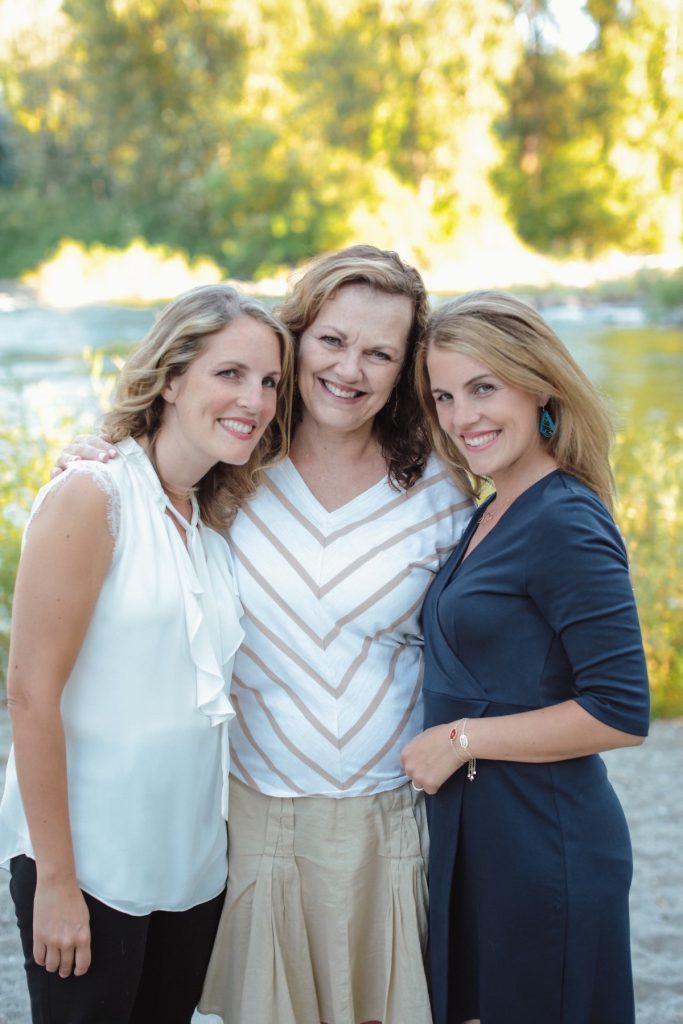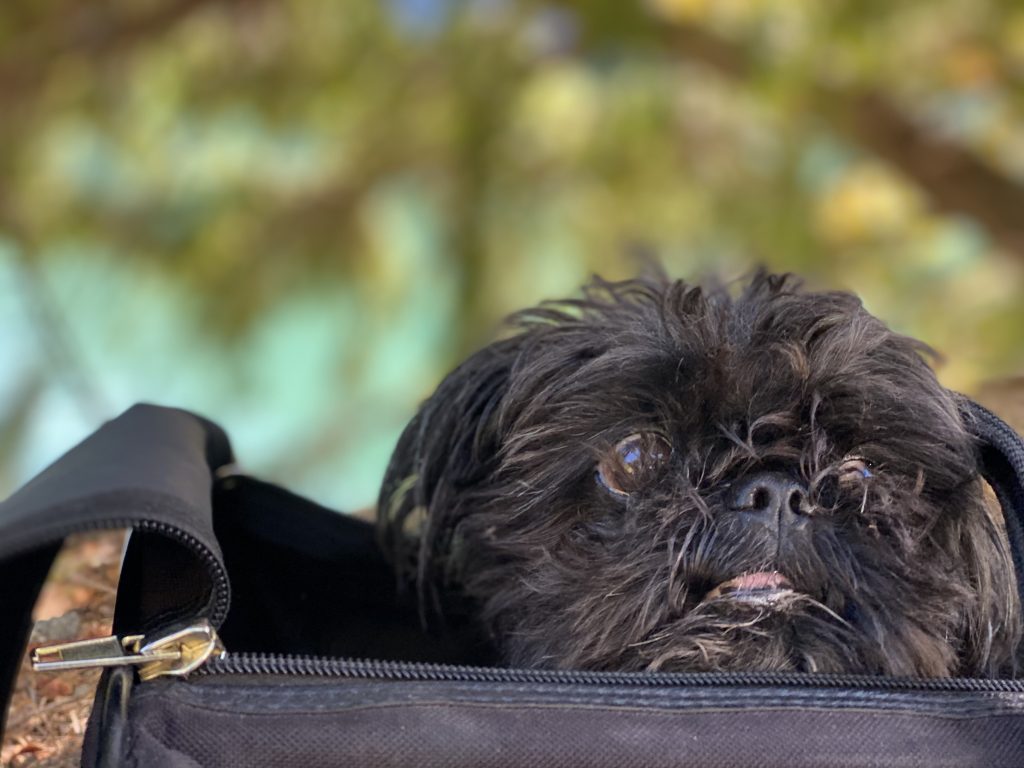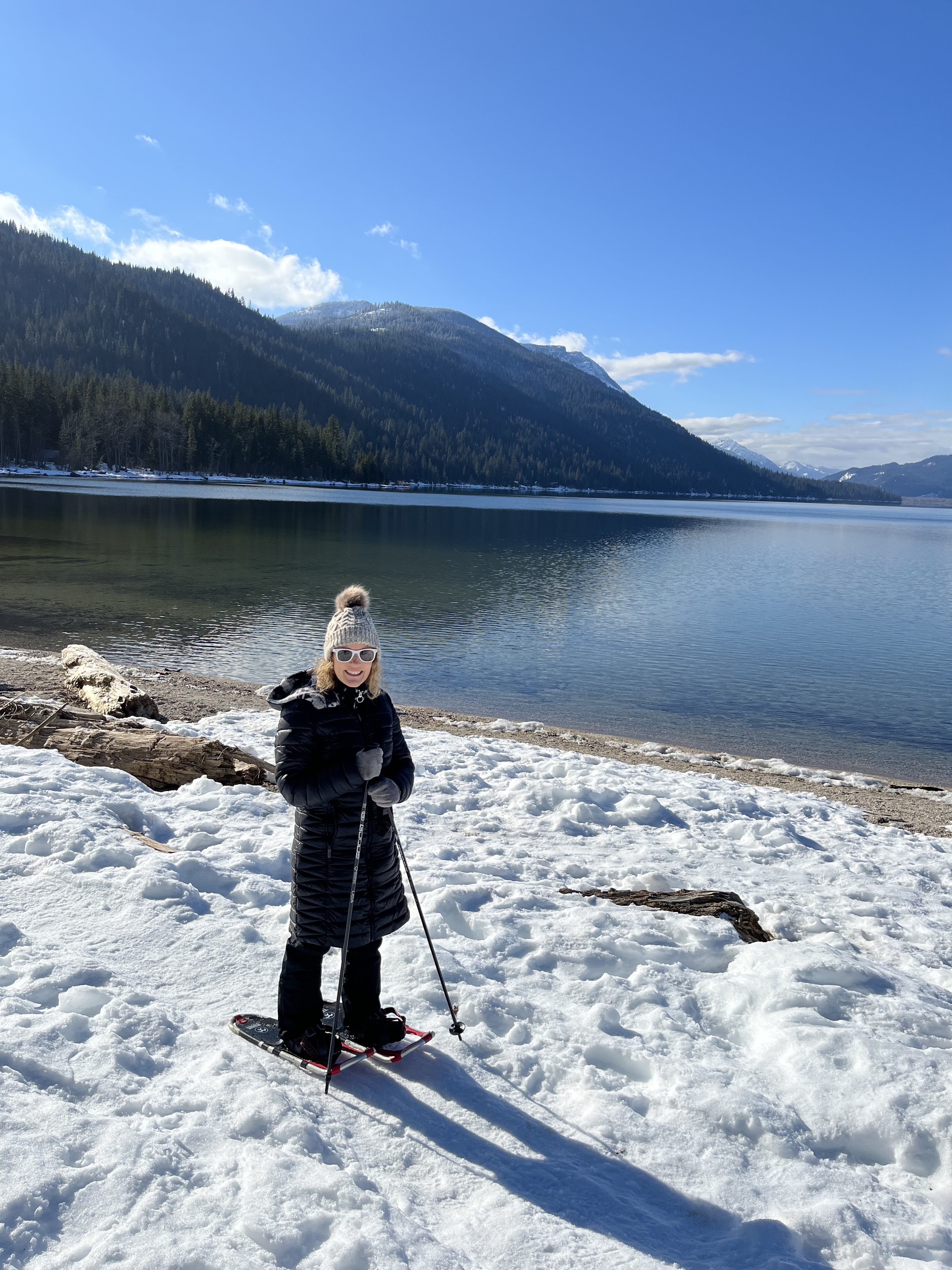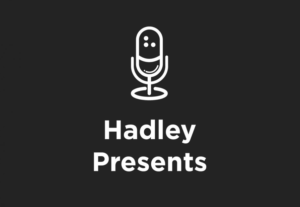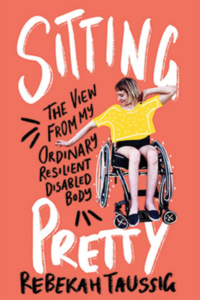Dedication: As Mother’s Day approaches, I’d like to dedicate this post to our beautiful mom, Judy. While many people wait to eulogize their loved ones after they’ve passed from this earth, I like the idea of letting people know the impact they’ve made while they’re very much alive and well! And what better way to do this than through story? I love you, mom! Happy Mother’s Day!
I have been lost many times in my life. The first time I can remember feeling truly lost, that is to say to the point of trepidation, I was in 6th grade wandering around the historic district of my hometown in the middle of the night.
Jenelle and I were at a slumber party, and one of the girls had the brilliant idea to sneak out to go pranking, which basically amounted to a gaggle of girls parading across the nearby college campus, each armed with a roll of toilet paper. We never actually had the chance to T.P any houses, as 10 squealing middle school girls carrying rolls of toilet paper through a well-lit college campus was as sneaky as a teenager sounding a loud alarm as they climb out of the window.
“What do we have here?” A student security guard asked as we all began to run, dispersing in all directions. “Toilet papering…..how cute!” The guard roared sarcastically.
I ran and panted and ran some more until I knew was safely away from both the campus and the guard. It was only then that I realized I was all alone. And, as if on cue for the moment, it began to rain.
Having night blindness, I couldn’t decipher where in the neighborhood I was. I searched frantically for any kind of recognizable landmark in this neighbhorhood that I had grown up in and walked regularly to school in, but the evening sky had transformed it into an unrecognizable world.
Since there was no such thing as a cell phone in 1989, all I could do was walk up and down the streets, tears streaming down my face with the rain, thinking about how very stupid I was to have not kept up with the other girls and how worried I was that my twin, who had also been with us, may also be out there, lost. I wandered the streets for what felt like hours, and slowly the initial terror of realizing I was lost subsided, and I honestly didn’t feel as afraid as one would think.
Reflecting on the scene of my young self wandering the darkness alone at night, I recall a underlying assurance that I wouldn’t be lost forever.
I credit my mom for this, as she raised me with a very counter-cultural view of getting lost. If we were driving somewhere and she didn’t know where we were, which seemed to happen quite often in the years before Google Maps, she would always say, “We’re on an adventure!” If my mom said this when we were running late, which also happened quite a lot with 4 of us girls to wrangle, this phrased irritated me. I didn’t want to be on an adventure. I wanted to be at my destination. On time.
Fast forward to April 2022, and mom’s words pop into my head as I wander through wooded paths with my guide dog, Roja, trying to find my way to an Earth Day fair where my husband and daughter are waiting for me, and I am very much on an adventure.
I am proud of Roja for guiding me through busy streets and onto the pathways, but I have just received a call from my husband, who has been watching my little GPS dot on his phone, telling me I should have turned left at the bridge. This would be helpful information except that I remember crossing two bridges. I am fairly certain they were two different bridges, not the same bridge twice. But what if I was just circling?
I reverse directions and tell Roja to “hop up”, the command given when a dog is distracted, and since there are all kinds of new, delicious smells in the woods, she is very distracted. We’ve been a team long enough, however that she tunes in when she senses I’m distressed or in a hurry, so she becomes highly focused and leads me with stubborn certainty to the left, and it’s only as the tip of my left foot is touching the surface of the bridge that I realize she has led us to the exact right spot. I am tempted to shout to anyone within ear shot “Look what my perfect guide dog just did!”
But as we exit the bridge she leads me with just as much certainty to a nearby pole and begins licking it. “Hop up, girl!” I redirect, and we are on course again.
At least I think we are headed in the right direction, but I am not certain. As the path winds, I think about how often in my life I feel uncertain. Did I choose the right career path? Am I parenting my daughters the right way? Should I have avocado toast or steel cut oats for breakfast?
I ponder these questions and inhale spring air. I think about a good friend who has told me she feels lost in life, and it sinks in how often we as humans encounter this lonely feeling.
I look down at my gorgeous yellow lab and I think about all of the many pathways she has guided me on, and I feel like dancing. I think about how I’ll probably need to retire her in the next year, and I feel like weeping. I think about my peacemaker mom who taught me to take risks and trust the journey. I think about how very present she is in my life and how, if nature takes its typical course of parents passing before children, I won’t always have her physically with me. The thought shortens my breath, and I have to remind myself to inhale and exhale. And then I hear something from a distance. I realize it is music from the Earth Day festival and a sure sign that I’m on the right path. It makes me think about how we all need little signs from time to time to remind us we are on the right path, just like the shouts of my 6th grade friends as their dramatic search party discovered me wandering the streets back in 1989. I think about how my mom has given me those reminders throughout my life and about how I can pass those reminders on to others.
So if you’re feeling a little off course today or this week or maybe for quite awhile, know that you are not lost. You are merely on a grand adventure called life, and there are no wrong turns.

